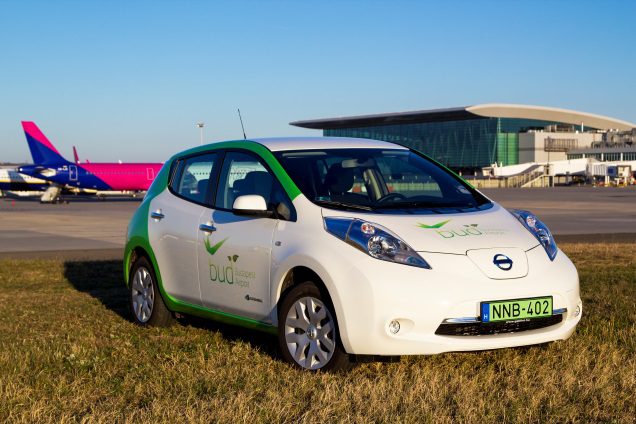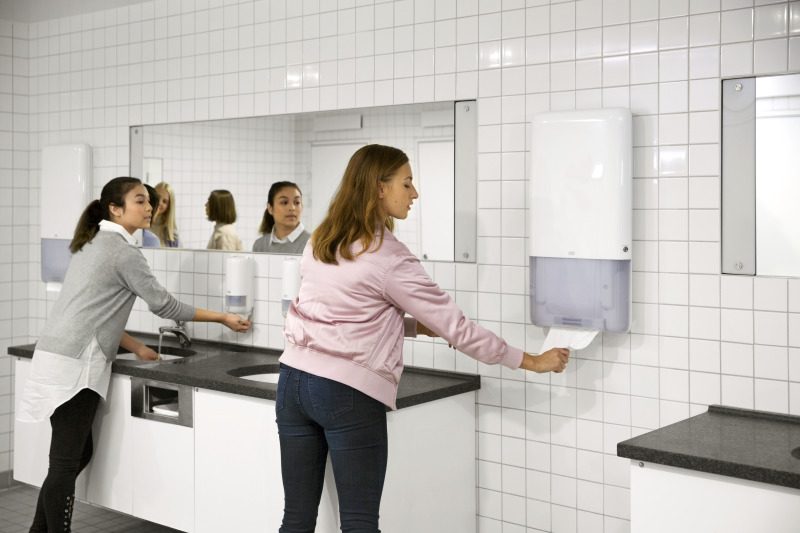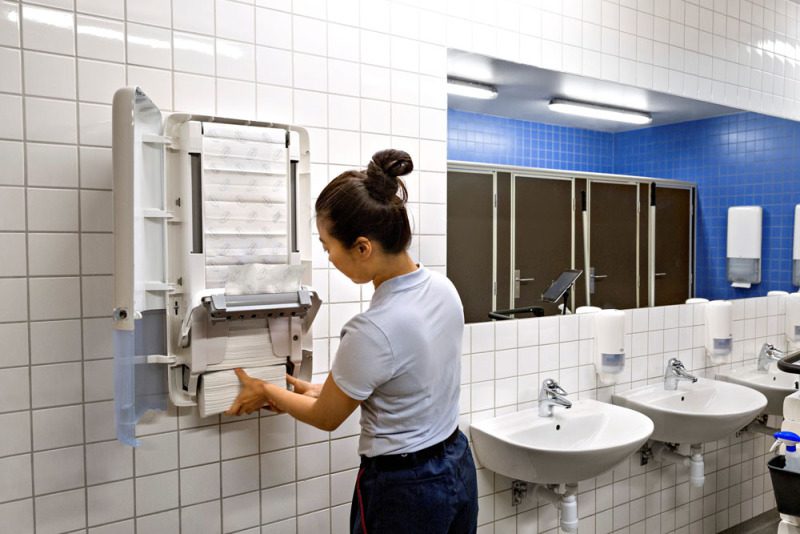Only 30 of the more than 300 airports operating in Europe have managed to earn the highest level of environmental accreditation awarded by the Airports Council International (ACI). Budapest is the first carbon neutral airport in Central and Eastern Europe.
Over the past five years, Budapest Airport reduced its carbon dioxide emission per passenger by 44%, and offsets the remaining quantity by purchasing internationally recognized carbon credits.
In the interest of environmental awareness, terminal lighting was improved using energy-efficient LED lightbulbs, air handling and air conditioning systems were modernized, boilers at the heating center were replaced and heating and cooling for the new passenger pier at Terminal 2 were configured in such a way that they can be adjusted not only according to the weather, but also traffic, by sectors.

The carbon neutral accreditation attained this April is the result of a long process, which is also evident from the fact that the solar collectors on the roof of Terminal 1 have been operating for ten years now, and have covered the energy required for the hot water needs of the building throughout this period.
The continuously expanding fleet of electric cars makes vehicle traffic and baggage transportation at the airport greener
The involvement of its partners had a great role in Budapest Airport rising to the forefront of  airports, from an environmental perspective. The Greenairport Program, launched in 2015, now has 35 members from organizations operating at the airport, such as ground handlers, airlines and catering companies, who regularly share best practices and assist each other in achieving environmental objectives.
airports, from an environmental perspective. The Greenairport Program, launched in 2015, now has 35 members from organizations operating at the airport, such as ground handlers, airlines and catering companies, who regularly share best practices and assist each other in achieving environmental objectives.
Ferenc Liszt International Airport consumes nearly as much energy as 23 000 households, i.e. a medium-sized Hungarian town. In view of this, it is especially important that the operator should take the lead and set a good example in reducing carbon dioxide emissions.

 Compressed technology
Compressed technology